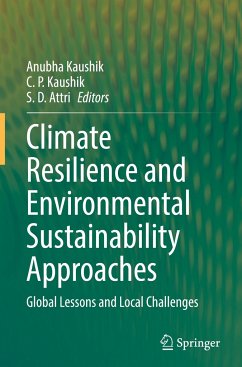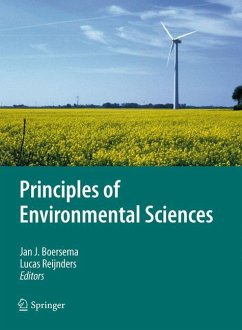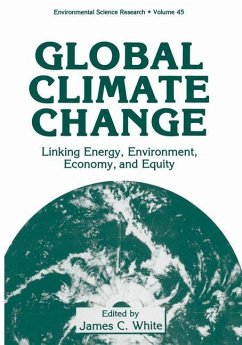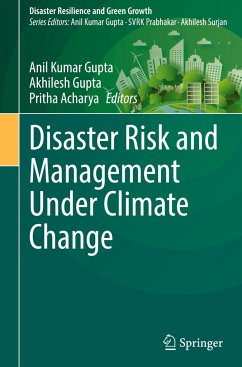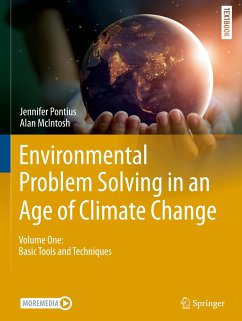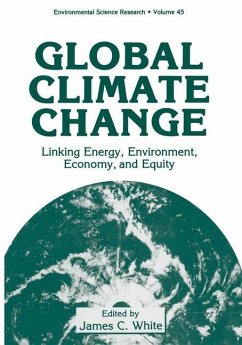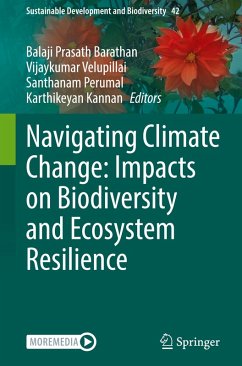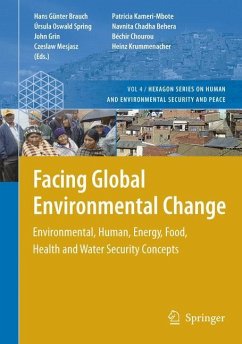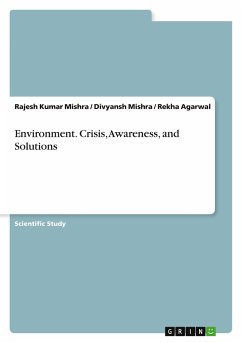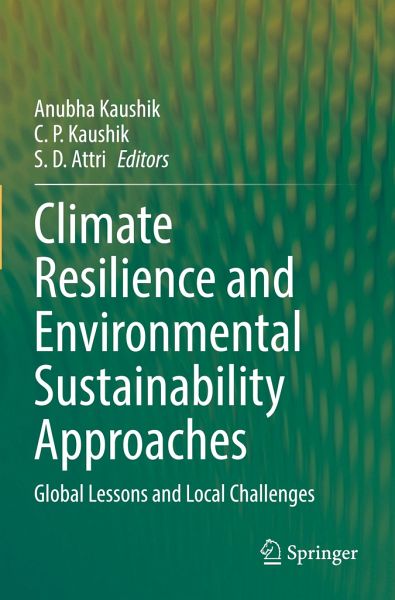
Climate Resilience and Environmental Sustainability Approaches
Global Lessons and Local Challenges
Herausgegeben: Kaushik, Anubha; Kaushik, C. P.; Attri, S. D.
Versandkostenfrei!
Versandfertig in 6-10 Tagen
106,99 €
inkl. MwSt.

PAYBACK Punkte
53 °P sammeln!
The book is about climate resilience and environmental sustainability approaches, discussing knowledge at global level and the local challenges, presented by authors from various countries. Environmental sustainability is at stake and implications of climate change are clearly visible in most parts of the world. In the times of the prevailing global environmental crisis, this book discusses key issues of climate change and sustainable energy alternatives, waste management and development. It discusses climate change scenario using simulation models in various Asian countries, signatures of cli...
The book is about climate resilience and environmental sustainability approaches, discussing knowledge at global level and the local challenges, presented by authors from various countries. Environmental sustainability is at stake and implications of climate change are clearly visible in most parts of the world. In the times of the prevailing global environmental crisis, this book discusses key issues of climate change and sustainable energy alternatives, waste management and development. It discusses climate change scenario using simulation models in various Asian countries, signatures of climate change in Antarctica, implications in the Indian Ocean and the Indian scenario of REDD+. A special focus has been given on building climate resilience in our agricultural ecosystems and sustainable agriculture. It discusses the prospects and challenges of renewable energy options including biofuels and energy from wastewaters, explores the technical aspects of eco-friendly bioremediation of pollutants, sustainable solid waste management practices and challenges, carbon footprints of industry, and emphasizes on the significance of combining traditional knowledge with modern technology with novel approaches including involvement of social enterprises and corporate social responsibility to achieve the Sustainable Development Goals. This is an important document for researchers and policy makers working in multidisciplinary fields of sustainability sciences.





